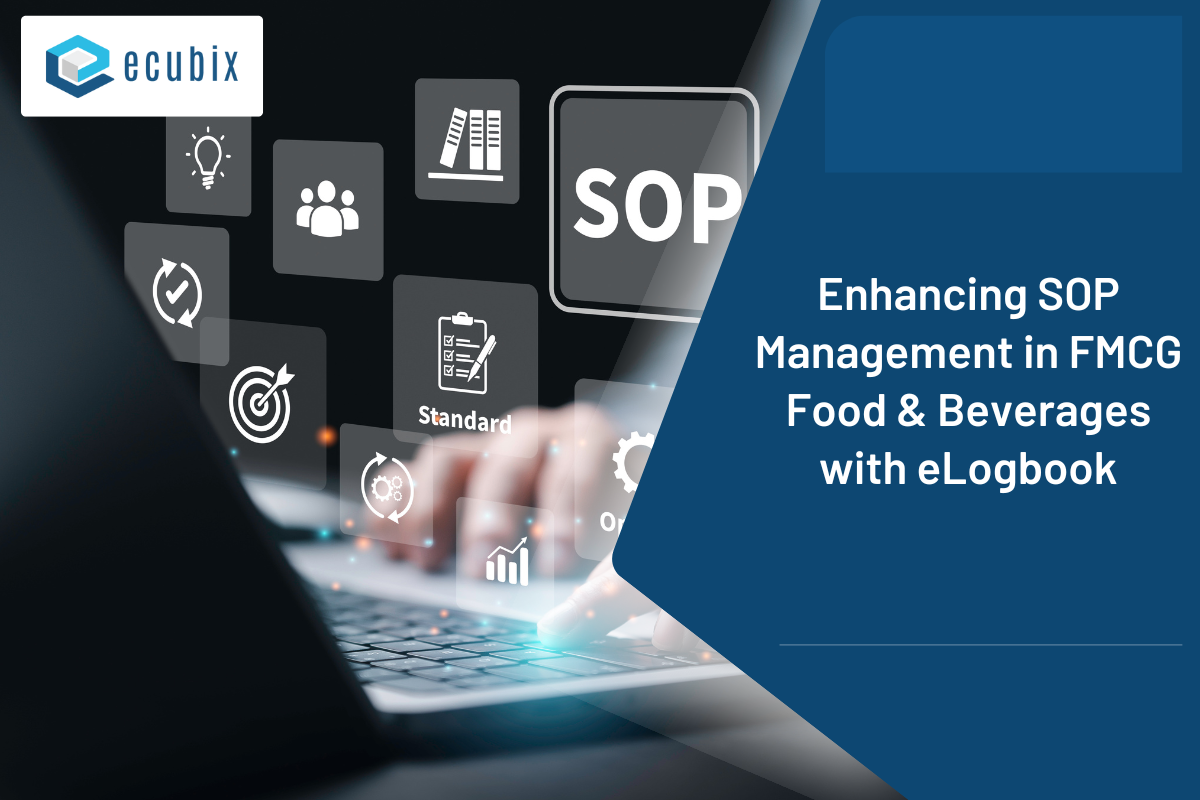
Table of Contents
Published on: September 30, 2024
Specialty chemicals are high-value products used in a wide range of industries, including pharmaceuticals, agriculture, personal care, automotive, electronics, and construction. Unlike commodity chemicals, which are mass-produced, specialty chemicals are typically produced in smaller quantities but with higher performance characteristics and tailored functionalities. Specialty chemicals include products such as adhesives, polymers, surfactants, pigments, and catalysts. The global market for specialty chemicals is projected to grow at a CAGR of 5-6% from 2023 to 2028, expected to reach USD 970 billion by 2027. This growth is driven by increasing demand for high-performance products and advanced materials.
Key Manufacturing Processes in Specialty Chemicals
- The global specialty chemicals market is forecast to reach USD 970 billion by 2027, growing at a CAGR of 5-6% from 2023 to 2028.
- According to industry reports, the average ROI for eBMR implementations across manufacturing sectors is approximately 150% within the first two years.
- A 40% reduction in batch release times and a 25% cut in administrative costs have been reported by companies adopting eBMR in their operations.
A. Batch Processing

Batch processing is the most common method used in specialty chemical manufacturing. It involves producing chemicals in distinct quantities or “batches.” Each batch is formulated based on specific customer or industry needs, and adjustments can be made between batches.
- Challenges: Requires detailed record-keeping, often leading to challenges in ensuring batch consistency and maintaining regulatory compliance.
B. Continuous Processing
In continuous processing, raw materials are continuously fed into the production system, and the final product is continuously produced without interruptions. This method is increasingly gaining traction in specialty chemicals manufacturing due to its efficiency and ability to handle larger production volumes.
- Challenges: Less flexibility compared to batch processing, requiring precise control and monitoring.
C. Multi-step Synthesis
Specialty chemicals often require multi-step synthesis, where raw materials undergo several chemical reactions to produce the final product. These steps may involve complex chemical transformations, such as:
- Hydrogenation: Addition of hydrogen to chemical compounds.
- Polymerization: Creating polymers from monomers.
- Crystallization: Formation of solid crystals from a solution.
Each step must be precisely controlled to ensure the purity, yield, and performance of the final product.
D. Distillation and Separation Techniques
After synthesis, specialty chemicals often require purification and separation from by-products and impurities. Techniques like distillation, filtration, and centrifugation are commonly used to isolate the desired chemicals.
- Distillation: Separation based on differences in boiling points.
- Filtration: Removal of solids from liquids.
- Centrifugation: Using centrifugal force to separate components.
What is Electronic Batch Manufacturing Records (eBMR)?
The Electronic Batch Manufacturing Record is a digital solution that replaces traditional paper-based batch records, automating data capture and providing real-time access to critical information. By offering centralized control, eBMR ensures higher compliance with industry standards, reduces human error, and enhances data traceability.
The Tech-Enabled Advantage in Specialty Chemicals Manufacturing

(1) Efficiency Gains
Implementing eBMR systems has shown significant improvements in the manufacturing efficiency of specialty chemicals. A leading specialty chemical company reported a 40% reduction in batch release times after eBMR implementation. By eliminating paper records, administrative costs were reduced by 25%, enhancing overall process flow and reducing approval bottlenecks.
(2) Regulatory Compliance
The digital nature of eBMR helps manufacturers meet stringent industry regulations, providing instant access to historical data and ensuring audit readiness. Many companies have seen a 15% reduction in compliance-related delays for product launches due to the automation of documentation and traceability.
(3) Real-Time Visibility and Decision Making
The eBMR solution provides real-time visibility into manufacturing processes, enabling proactive problem-solving and real-time decision-making. In addition, enhanced data analytics have contributed to predictive maintenance, preventing equipment breakdowns and minimizing downtime.
eBMR Success Story: Case Studies in Chemical Manufacturing
Case Study 1: PI Industries Limited
PI Industries, a leading Indian chemical manufacturer, faced challenges with complex batch records and manual documentation, which often led to delays in batch releases and product recalls.
Implementation of eBMR: PI Industries integrated eBMR into their production systems, streamlining batch records management and enhancing traceability.
Key Results:
- 30% reduction in production cycle times.
- 98% error-free batch records, drastically improving quality control.
- Significant cost savings through reduced administrative labour and minimized rework due to fewer human errors.
Case Study 2: Aarti Industries Ltd.
Aarti Industries, another Indian chemical company, faced issues with regulatory compliance and meeting stringent quality standards in international markets. Implementation of eBMR: Aarti Industries adopted eBMR to automate documentation and ensure strict adherence to global standards like REACH and FDA.
Key Results:
- Reduction in compliance-related delays by 20%, allowing faster time-to-market for new products.
- Enhanced data-driven decision-making helped reduce production waste by 15%, increasing operational efficiency.
Conclusion
The role of eBMR technology in specialty chemical manufacturing is not just a tool for automation but a pivotal driver for future growth. As the reliance on tech-driven solutions increases, manufacturers can benefit from improved efficiency, compliance, and sustainability. The adoption of eBMR systems will become increasingly crucial for companies looking to stay competitive in a global market where digital transformation is the key to survival.
eBMR technology has become a game-changer for specialty chemical manufacturers, empowering them with unparalleled process efficiency, compliance, and data-driven insights. The adoption of this tech solution is not just a shift towards automation but a commitment to quality, safety, and innovation.
FAQs: Most Asked Questions in Specialty Chemical Manufacturing
(1) Can eBMR systems be customized for different production scales?
Yes, eBMR systems are highly scalable and can be tailored to meet the needs of various production setups. Whether it’s a small-scale pilot plant or a large mass-production facility, eBMR can adapt to the specific requirements of the manufacturing process. The flexibility of eBMR allows for customized workflows, making it an ideal solution for companies of all sizes in the specialty chemical industry.
(2) How does eBMR impact production efficiency?
eBMR enhances production efficiency by automating batch record management. This digital system can reduce batch release times by up to 40%, helping companies bring products to market faster. Additionally, the automation of paperwork leads to a 25% reduction in administrative costs. By minimizing human error and streamlining processes, eBMR ensures smoother, more efficient production cycles, reducing operational bottlenecks.
(3) How does eBMR fit into Industry 4.0 and future manufacturing trends?
eBMR is a cornerstone of Industry 4.0, leveraging advanced technologies like Artificial Intelligence (AI), Machine Learning (ML), and IoT. These integrations allow for predictive quality management, where potential issues are identified before they cause production delays. Real-time process monitoring, coupled with data-driven decision-making, enables manufacturers to optimize their operations, improve product quality, and ensure continuous process improvements in line with the evolving future of manufacturing.




















